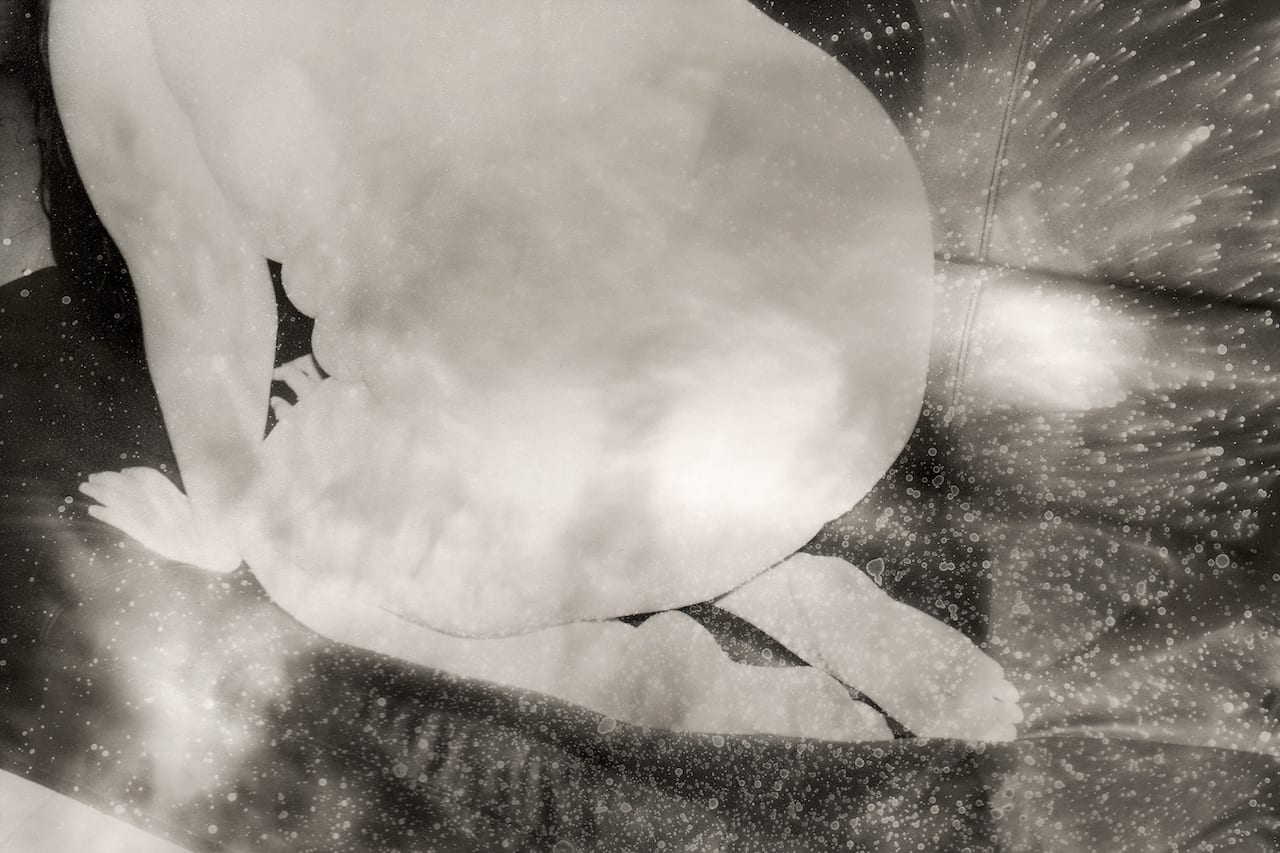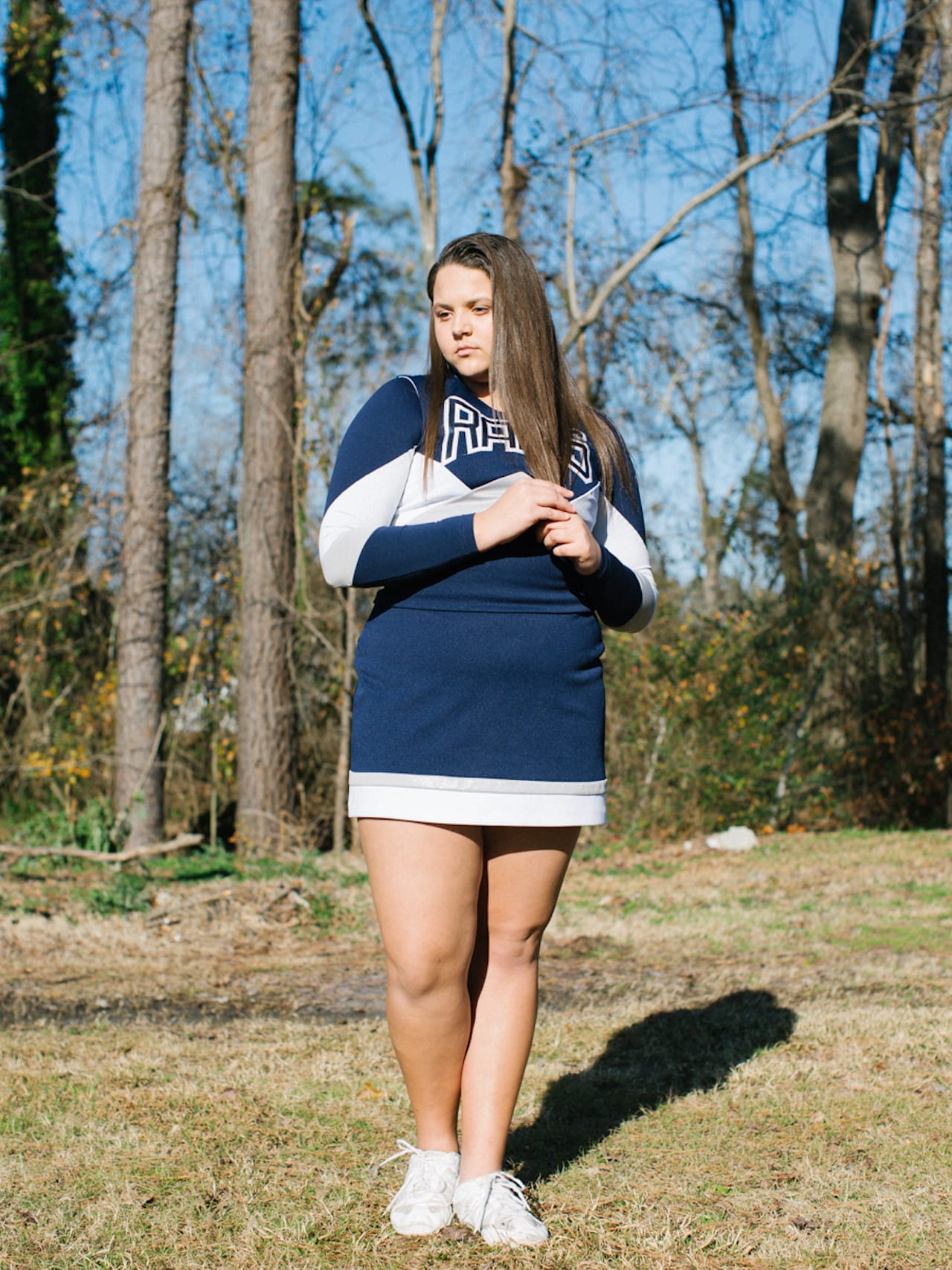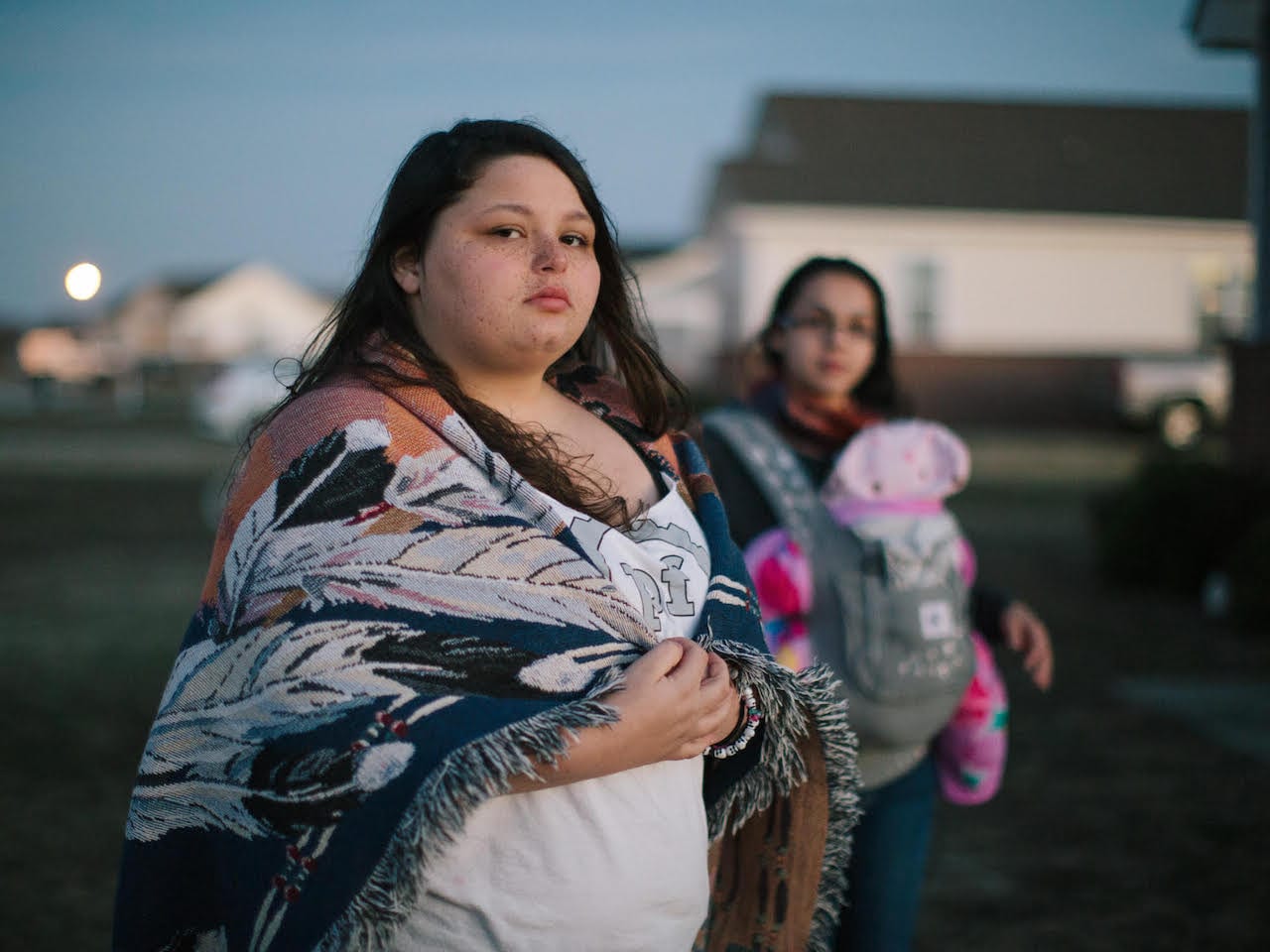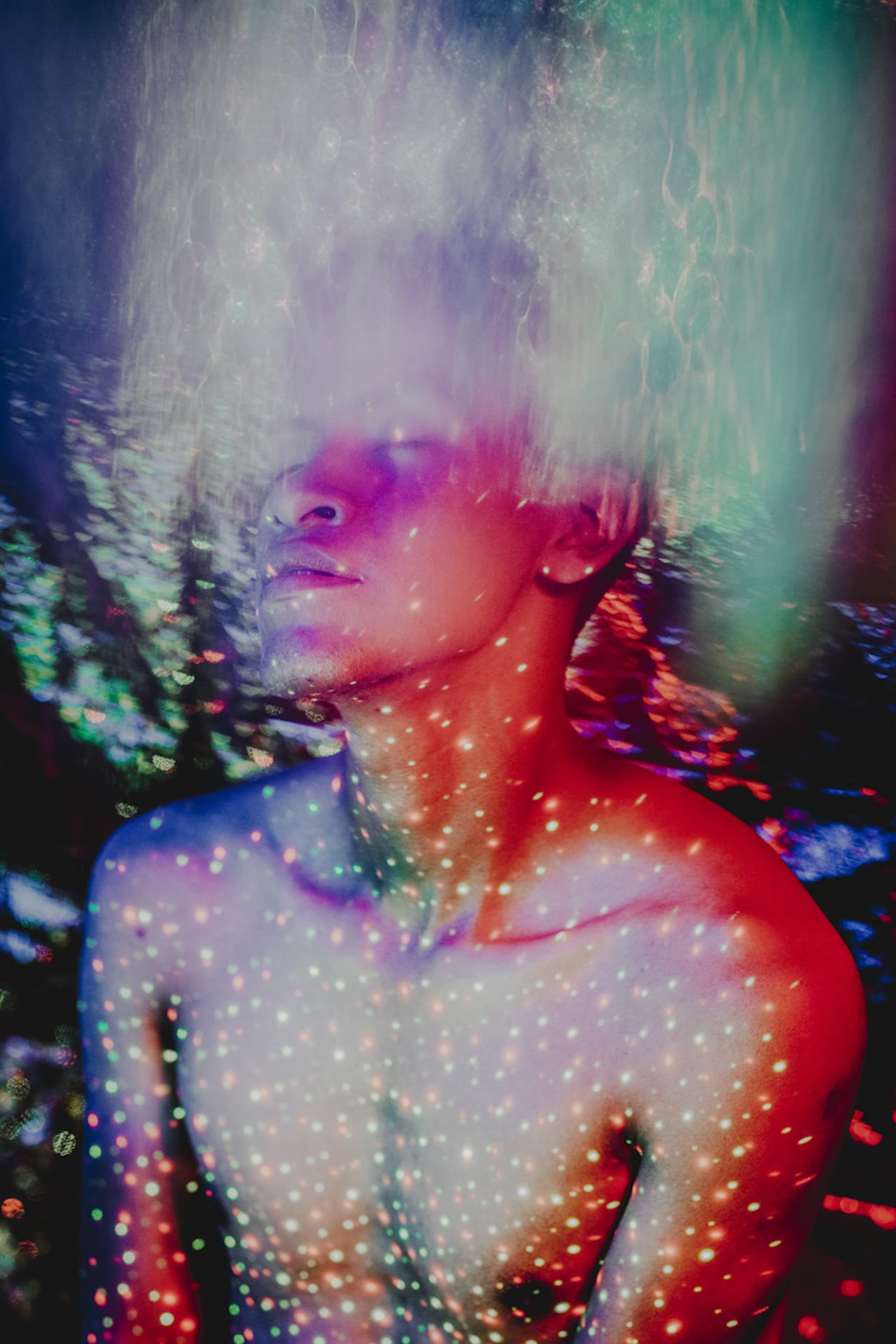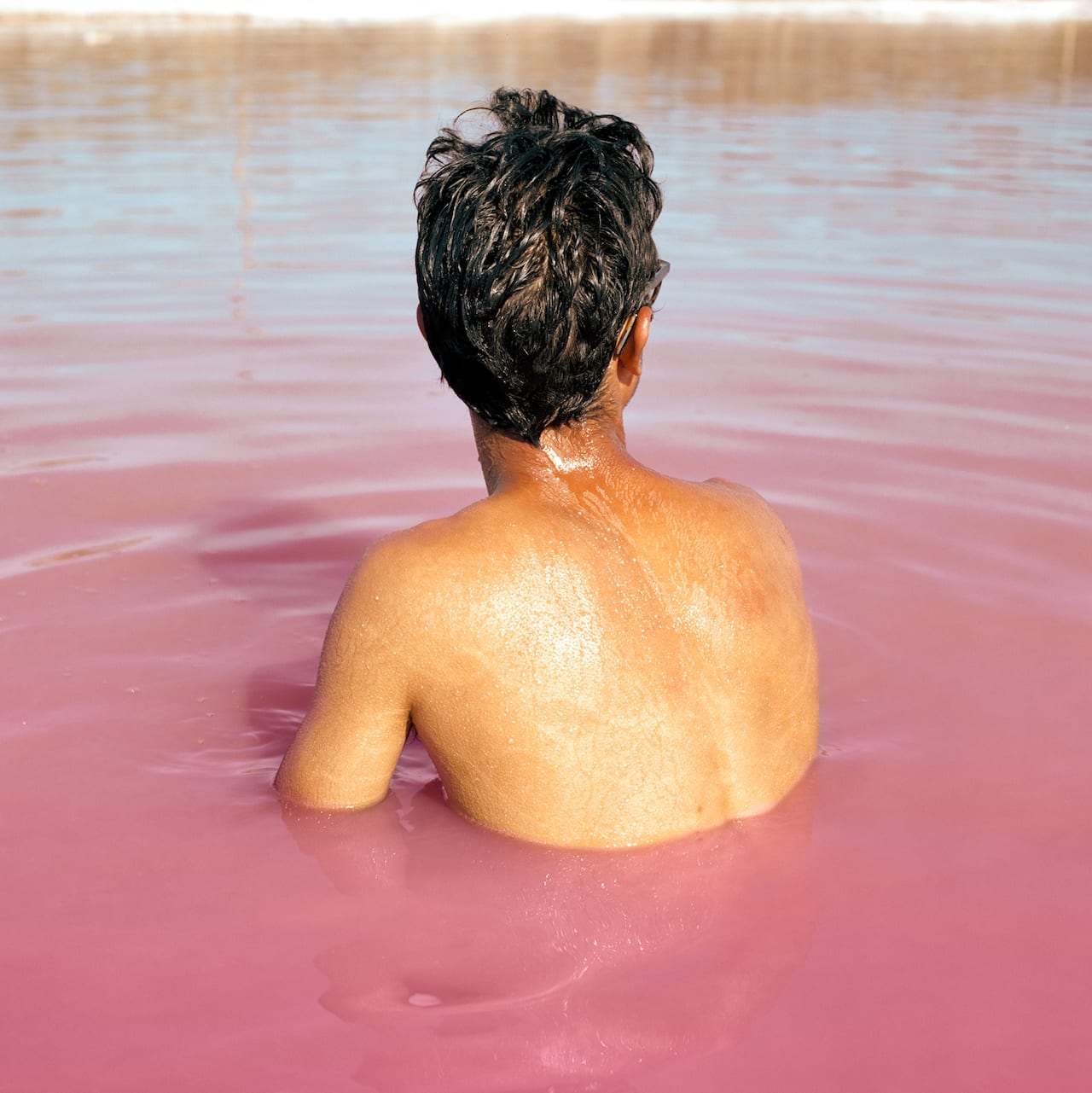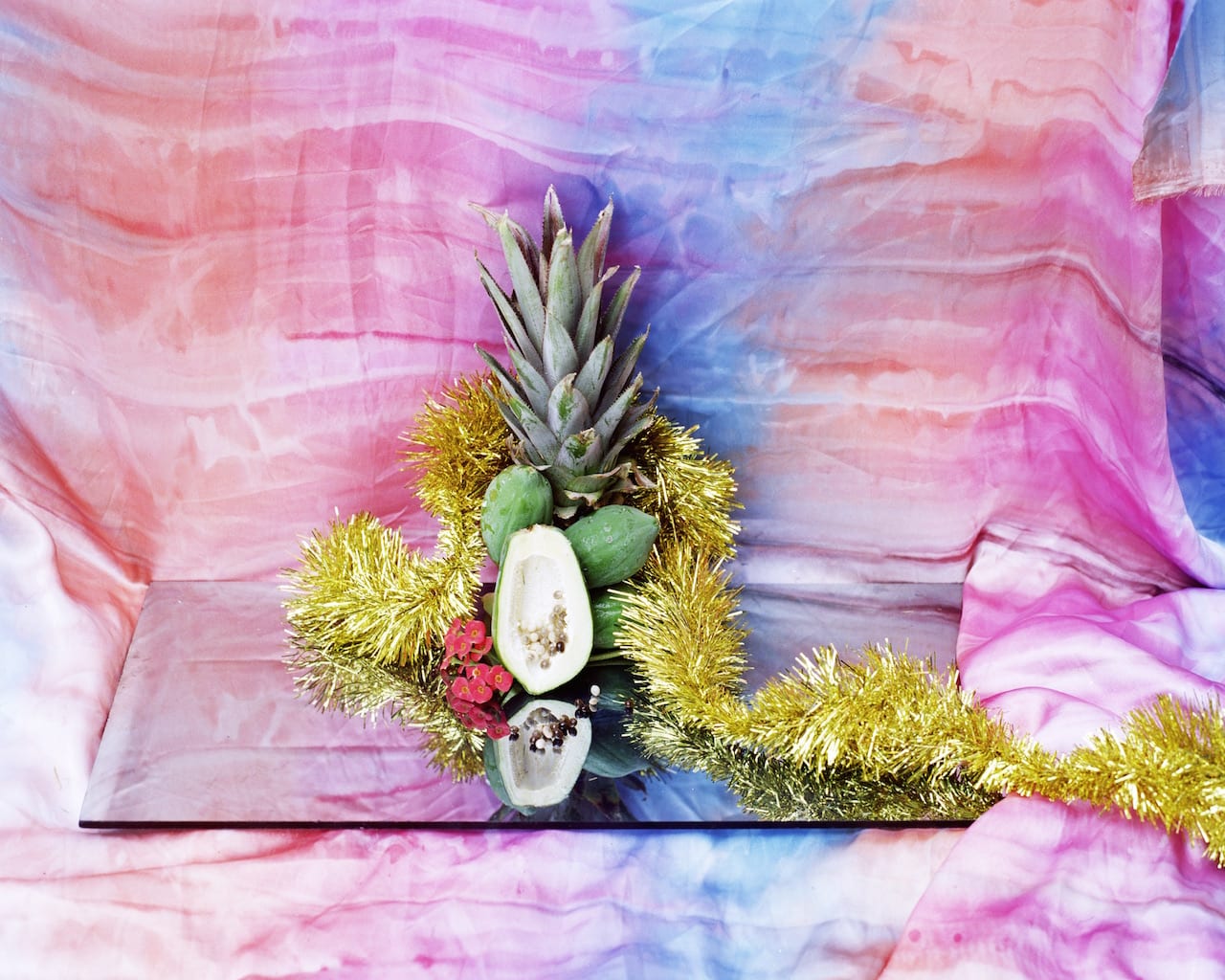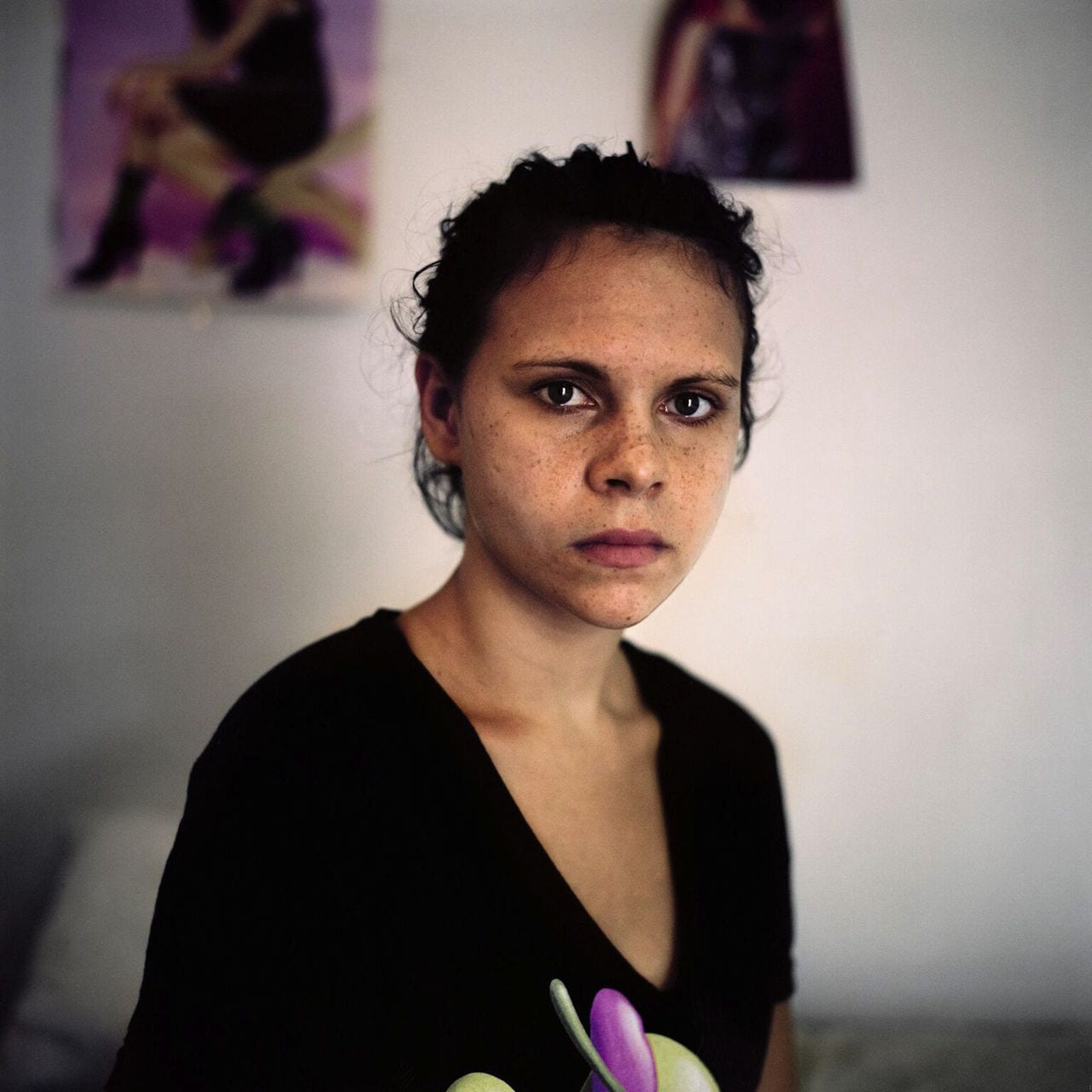The paradox of otherness is at the core of Maria Sturm’s You don’t look Native to me. Her subjects belong to the Lumbee Tribe of North Carolina, the largest tribe in the region with around 55,000 members, with their name taken from the Lumber River of Robeson County. Starting in 2011, Romania-born, Germany-raised Sturm spent time in Pembroke, the economic, cultural and political centre of the tribe, photographing their daily lives. It opened up questions about visibility, identity and stereotype in the US, where Native Americans are romanticised yet often dismissed. Many tribes remain officially unrecognised, though the sense of identity within the communities is very strong.
On her first visit, Sturm was struck by two aspects. “One was that almost everyone I talked to introduced themselves with their names and their tribe. The other was the omnipresence of Native American symbolism: on street signs, pictures on walls, on cars, on shirts and as tattoos.” She attended powwows (where leaders pray to Jesus, another surprise to Sturm) and spent time with locals.
